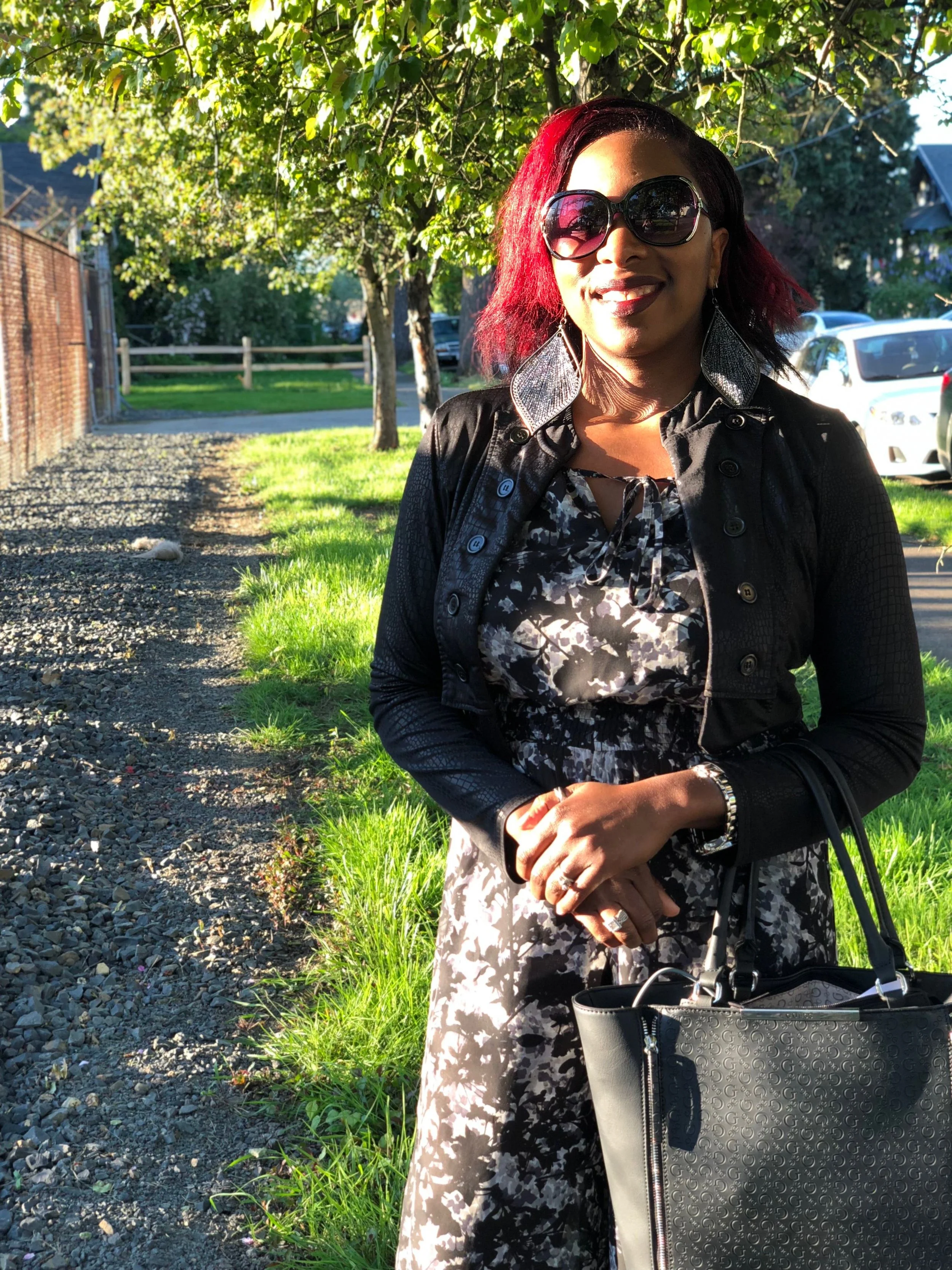Nestled in Care- A Look at our Nest Foster Program
Aprilla McPherson stands on her porch, face to face with a young man who was there to thank her. This young man used to live in foster care. He stayed with McPherson for only two days, but the impact she had on his life was so great that he returned years later to let her know about his successes and to show her his new truck.
“That was an unexpected, but very awesome experience and moments like that are what I truly cherish and will forever keep with me,” McPherson said.
McPherson is a foster parent for Boys & Girls Aid’s Nest program. The Nest program mostly serves youth aged 4-10 years who’ve been referred to us by the Oregon Department of Health and Human Services (ODHS). These children have most likely had multiple foster care placements that were unsuccessful and have behaviors that can be challenging to manage.
“I have a natural tendency to bond with this age group, causing them to really look up to me, cherishing our relationship while listening to my input and wanting to change for the better because I demonstrate so much positivity in their life in such a unique fun fashion,” McPherson said.
Common behaviors that children exhibit when they enter the Nest program are lacking developmental skills for their age such as hygiene, emotional regulation, and communicating their needs. Because these children have been living in survival mode, they may display behaviors like being withdrawn or less verbal, physical aggression, damaging property, slamming doors, yelling, and crying.
Our goals for children in the Nest are to find them stable homes, give them time and the tools to learn new skills, and to achieve permanency. The program helps enable them to make choices that will expand their autonomy and allow them to engage their minds and bodies with their community. To accomplish these objectives, Boys & Girls Aid staff and foster parents must work together to support the children.
Aprilla McPherson
Foster parents go through training and certification before getting a placement. They also attend ongoing monthly foster parent trainings, with topics ranging from dealing with grief to supporting LGBTQ+ youth. Staff regularly check in with foster parents in meetings and phone calls twice per week, and foster parents have access to a 24/7 support line to ensure that they can manage any dilemma that might arise. All foster families at Boys & Girls Aid receive a generous stipend of $1,200-$3,500 per child per month to help care for the needs of the youth.
“I enjoy the fun and welcoming staff that I work with – they are always there for my family, they are understanding, giving and flexible. They are a group of really kindhearted individuals,” McPherson said.
Nicole Laliberte, Nest Program Director, said, “A good foster parent for the Nest possesses patience, their own emotional regulation, flexibility, an understanding of trauma and how it affects the development of the brain, and the ability to meet kids where they are.”
McPherson adds that you must have the heart to care for children who biologically aren’t yours and be prepared for challenges and positive progress.
“I became a foster parent of course to help the children in care, but to also make a difference in the world,” McPherson said. “If the kids are fostered in a loving and caring home, then the chances of them growing into adults and manifesting into society in a positive way is much higher.”
If you’re interested in becoming a foster parent in our Nest program, the first step is to register for one of our free information sessions. Information sessions are held weekly and require no obligation. Come, ask questions and see if being a foster parent is right for you!
You can also reach out to Hallie Campbell, Outreach & Certification Coordinator, for more information at hcampbell@boysandgirlsaid.org or 503-544-7003.



